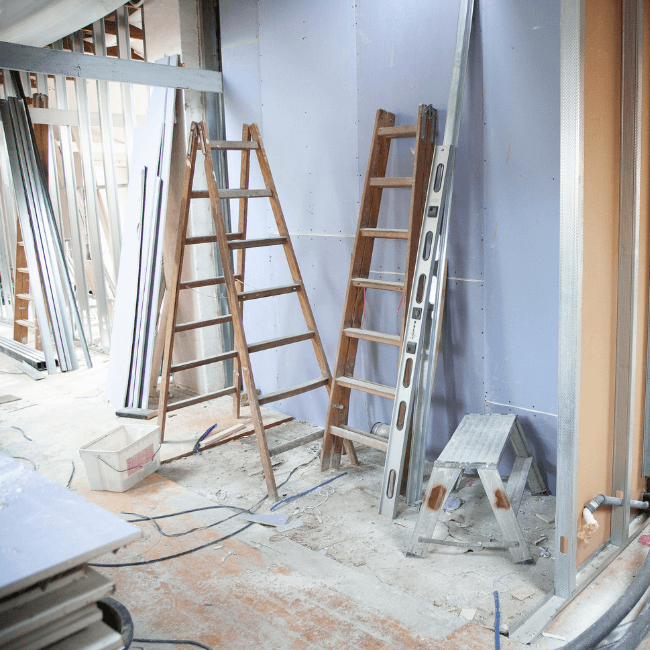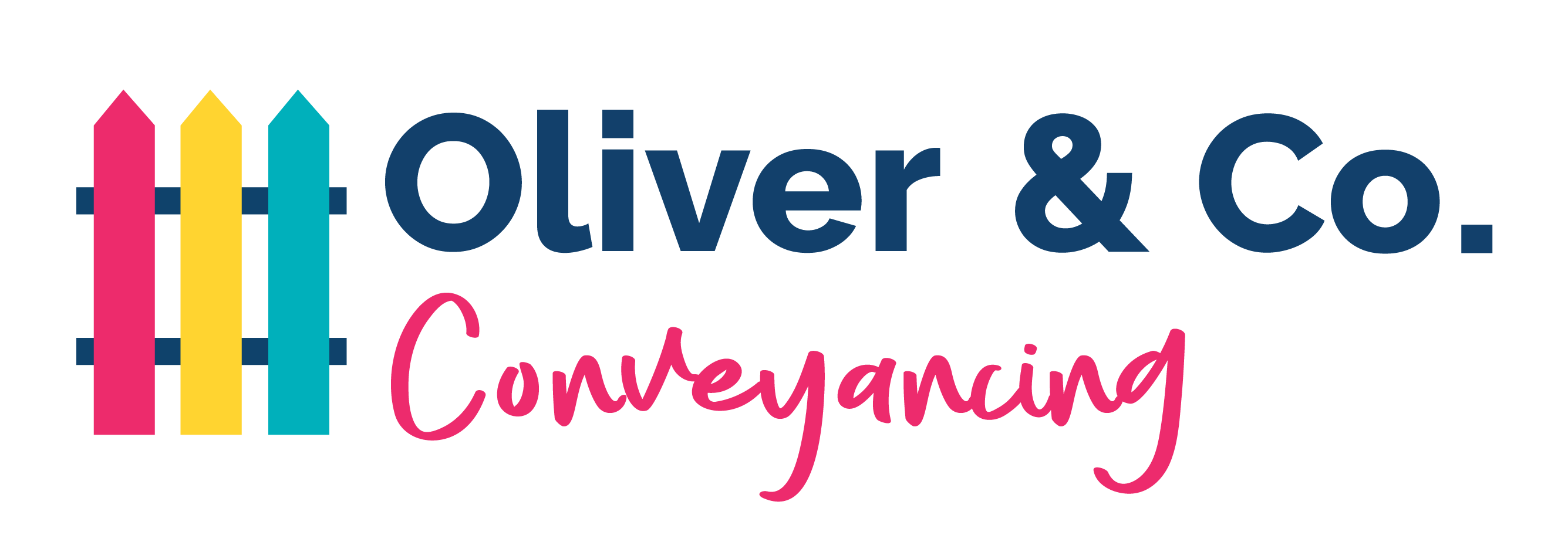
BUYING A STRATA PROPERTY: MUST-KNOW INFO YOU CAN’T AFFORD TO MISS
Strata properties are increasingly popular, offering a convenient and often more affordable housing option. There are more than 85,000 strata schemes in NSW, and around 50% of Greater Sydney will live in buildings with strata schemes by 2040. However, before diving into the purchase of a strata property, it’s crucial to understand the legal framework, financial aspects, and potential challenges that may arise. This post explores the key things you need to know about buying a strata property in NSW.
Understanding Strata Title
Strata title is a system of property ownership where individuals own a portion of a property or building, known as a ‘lot,’ and share ownership of common areas such as external walls, driveways, stairways, and gardens.

You’ll own the inside of your individual property, but there can be small differences in what you own depending on the scheme. In most strata schemes, you’ll own:
- Internal walls
- Lights
- Curtains and blinds
- Carpets
- Toilets and baths
- Kitchen cupboards and benchtops
Each lot owner is also a member of the owners’ corporation, responsible for managing and maintaining the common property. It’s essential to understand the by-laws and strata scheme regulations in NSW, as they outline the rights and responsibilities of lot owners. Most people will get a copy of the relevant strata by-laws when they get a strata report or ask the real estate agent for a copy. Regardless, the by-laws must be included in the sale contract.
Strata Inspection Report
Before purchasing a strata property, obtaining a strata inspection report is highly recommended. A strata report can help you avoid issues that may not be apparent and save you problems or financial loss in the future.
The strata report is a full review of the Owners Corporation records. It includes details on things like:
- Structural or building defects
- Quarterly levies
- Sinking fund forecasts
- Planned or previous major works
- Pet policies
- Any outstanding debts or disputes
- Insurance coverage
- The overall financial health of the owners’ corporation.

By thoroughly reviewing this report, you can make an informed decision about the property’s condition and the potential financial obligations you may incur. These reports can vary in cost (approximately $300 – $400), but they’re worth it!
Strata Levies and Capital Works Funds
Strata levies are regular payments made by lot owners to cover the cost of maintaining and managing the common areas and shared facilities. These levies contribute to the administration fund, which covers day-to-day expenses like gardening, cleaning, and general maintenance. Strata levies are set at the annual general meeting (AGM) and paid into ‘funds’. As an owner, you’ll be charged a yearly levy, and if you can’t pay it, the Owners Corporation can take legal action to recover the levies and any interest you owe.
Additionally, a portion of the levies goes into the capital works fund (previously referred to as a ‘sinking fund’), used for long-term repairs and major renovations. This includes works such as:
- Repair works to current common property
- Painting or repainting common property
- Renewing or replacing common property fittings, such as lobby carpet
- Renewing or replacing personal property for the strata scheme, such as pool furniture.

By-laws and Strata Committee
By-laws are rules and regulations that govern the behaviour of lot owners and occupiers within a strata scheme. These by-laws may include guidelines on noise, pet ownership, parking, and the use of common areas. Always review the by-laws before purchasing a strata property to ensure they align with your lifestyle and preferences.
We also recommend that you understand the role and responsibilities of the strata committee (previously referred to as the ‘executive committee’). Lot owners elect the committee, which plays a significant role in managing the strata scheme and helping the owner’s corporation make decisions about the scheme.
You can expect that the strata committee will make decisions for things like:
- spending for the day-to-day running of the scheme (e.g. hiring repairers, arranging insurance)
- approving applications under a by-law of the scheme (e.g. approving renovation applications)
- issuing a notice to comply with a by-law.
Understanding their responsibilities and how decisions are made within the owners’ corporation is important for a harmonious living environment.
Dispute Resolution and Mediation
Living in a strata scheme means sharing decision-making and common spaces with other owners, sometimes leading to disputes. Common issues related to parking, noise, pets, rubbish, smoking or vaping, and breaking other by-laws can arise in a strata property. While in most cases, having a courteous and friendly conversation with the other owner/s will resolve the issue, sometimes it escalates and requires further intervention. That’s why it’s important to be aware of the dispute resolution processes available in NSW.

If chatting with the other owner doesn’t work, there is a free mediation service offered by NSW Fair Trading. You can easily apply for this strata mediation service online. As a last resort, the NSW Civil and Administrative Tribunal (NCAT) provides a platform for mediation and resolution of strata-related conflicts. However, costs can vary, and you should research the possible tribunal fees.
Understanding your rights, obligations, and dispute-resolution mechanisms can help mitigate potential conflicts and ensure a harmonious living environment.
Strata properties can be an excellent investment opportunity
Buying a strata property in New South Wales can be an excellent investment opportunity, offering convenience and a sense of community. And strata properties don’t just exist in big cities; you’ll find many strata scheme properties right here in the Hunter Valley. However, you should be well-informed before making a purchase decision. Understanding the legal framework, financial obligations, and potential challenges associated with strata ownership is essential for a smooth and rewarding lifestyle.
By conducting thorough inspections, reviewing strata reports, and familiarising yourself with the by-laws and dispute resolution mechanisms, you can make an informed decision and enjoy the benefits of owning a strata property in NSW.
Need help to determine if a strata property is suitable for you? Or are you unsure about the strata scheme by-laws or requirements? We’re only a phone call away, and you can take advantage of our free 15-minute consultation. Call our team on 02 4056 1070 or email us at admin@oliverandcoconveyancing.com.au today.
Disclaimer: The information provided in this blog post is for general informational purposes only and should not be considered as professional advice. We recommend consulting with qualified professionals for advice tailored to your individual circumstances.

Hi there! I'm Tayla Oliver
I founded Oliver & Co. Conveyancing to educate and support you through your legal, or property buying and selling journey, with affordable, full-service legal and conveyancing support. You can count on our experienced and friendly team to look after your best interests at every step of the way.
FREE CHECKLIST


